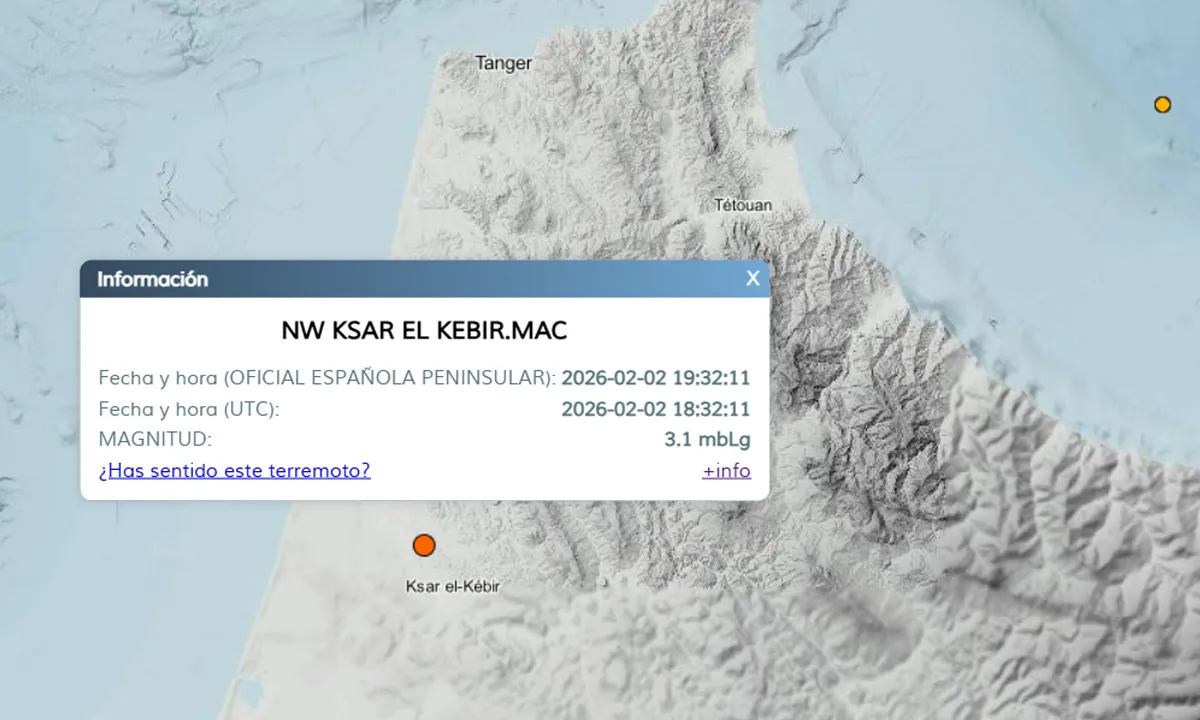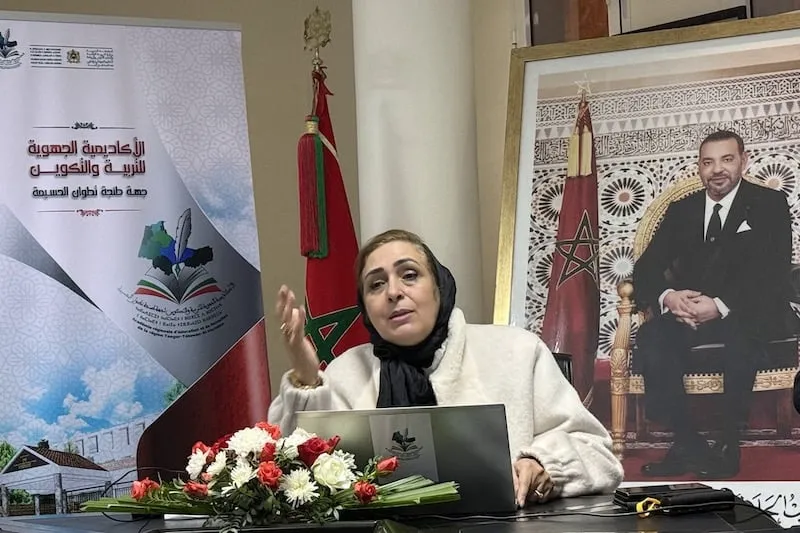The Higher Scientific Council has issued a comprehensive legal opinion regarding the rules governing zakat, clarifying the criteria used and emphasizing the distinction from taxation.
### Basis of the Opinion
The Council stated that this opinion is primarily based on the Maliki school of thought, serving as a vivid reminder of one of the five pillars of Islam—zakat. It highlights a crucial clarification that distinguishes this spiritual obligation from civil tax, addressing the common confusion in the modern era.
### Key Clarifications: A Practical Guide for Obligated Individuals
The introduction of the opinion includes ten essential explanatory points, aimed at facilitating public understanding by clarifying legal terminology and addressing contemporary challenges.
The exclusive intent, as articulated by the Council, is to “state the rulings of zakat for those who are required to observe it,” reminding scholars of their duty to convey this information. The opinion includes practical details regarding the types of assets subject to zakat (ranging from grains to modern economic activities), its amount, when it should be paid, and who is entitled to receive it, all anchored in the Maliki reference.
Additionally, the opinion encourages open reasoning to keep pace with the complexities of the current economic and financial landscape, suggesting that new cases can be addressed by analogizing to original rulings or considering the underlying intentions of sharia.
Citizens, particularly concerning zakat from new income-generating activities, are invited to submit their queries through a website that will be announced soon, making this opinion a dynamic interactive tool.
### The Fundamental Difference Between Zakat and Tax: Divine Worship vs. Civil Duty
In the eighth point of the clarifications, the Council allocates space to clarify the difference between tax and zakat, deeming it “appropriate” for presentation to avoid confusion in public awareness. The distinction is succinctly summarized: “Tax is taken by the state from individuals in exchange for various services it provides, while zakat is paid by the obligated from their wealth according to its legal rulings, benefiting the categories mentioned in the Quran.”
This distinction is not merely a technical definition but reflects a profound philosophical and spiritual essence. Tax, as understood in modern civil systems, is a legal obligation imposed based on income or wealth, redistributed through public services such as education, health, and infrastructure. It represents a social contract between the individual and the state, aimed at economic development and social justice, but lacks a divine dimension.
Conversely, zakat is a voluntary act of worship that is given “in response to God’s command,” as emphasized in the ninth point, estimated at specific proportions (such as one-fourth of a tenth for most wealth) upon reaching the minimum threshold, directly benefiting the poor, the needy, and the indebted among the eight categories specified in the Quran (Surah At-Tawbah: 60).
The opinion deepens this distinction in the tenth point, citing the verse: ﴿Take from their wealth a charity by which you purify them and cause them to grow﴾ (At-Tawbah: 104), highlighting the spiritual benefit for the giver: liberation from stinginess, alongside the social advantage for the receiver. While taxes may induce a sense of compulsory obligation, zakat fosters a feeling of divine satisfaction and enhances direct solidarity without mandatory administrative intermediaries.
In the Moroccan context, where integration of zakat into national social efforts is encouraged, this distinction calls for recognition that zakat is not an “Islamic tax,” but an obligation that transcends economics to reach the human soul.
Source
















